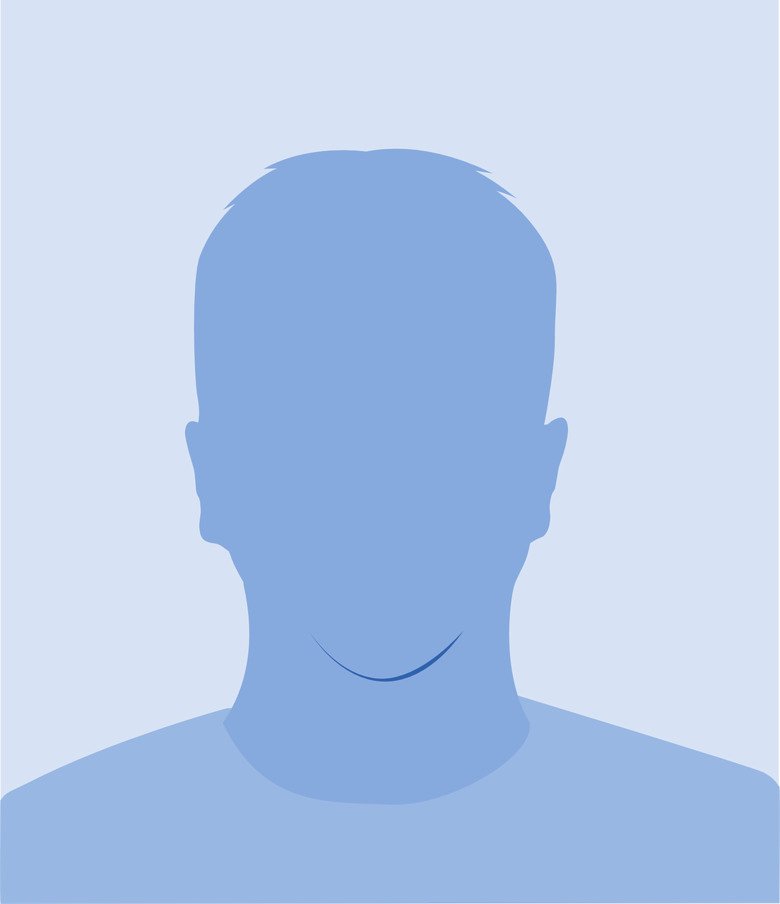Face blindness common among extremely premature babies
Face blindness, or prosopagnosia, is a recently discovered and little known disorder that is more common among those who are born extremely early. As the name suggests, those affected have difficulty recognising faces, probably due to a disturbance in the development of the brain.

First published in Swedish in the magazine "Medicinsk Vetenskap" no 2 2012.
"Recognising faces is an incredibly complex process which asks a lot of the brain's networks, and these networks are often less well developed in extremely premature babies," explains paediatric ophthalmologist Lena Jacobson from the Astrid Lindgren Children's Hospital.
Jacobson researches vision disorders in premature babies and says that face blindness is part of a wider range of visual interpretation problems that can affect extremely premature babies to a greater or lesser extent. These include difficulty judging depth, distance and the speed of approaching objects, and trouble navigating.
Children often come up with ways of compensating for their problems recognising people.
"Young children rely on smell, sensation and voice, while older children look for visual clues such as glasses, hairstyles or the colour of clothing," explains Jacobson.
Common disorder
Researchers used to think that face blindness was a highly unusual problem mainly affecting people who had suffered physical damage to a specific part of the brain. Not until 2002 did it emerge that as many as 2-3% of the population are affected to some degree.
Just how common the disorder is in those born prematurely is not yet known – studies to find out are under way – but there is no doubt that it is seen more often than in the normal population.
"I'd say that visual interpretation problems of some kind are very common among those born extremely prematurely, especially difficulty judging depth and distance, but my impression is that many also struggle to recognise faces," says Jacobson.
"Very few children I've examined have been unaffected by being born extremely prematurely."
